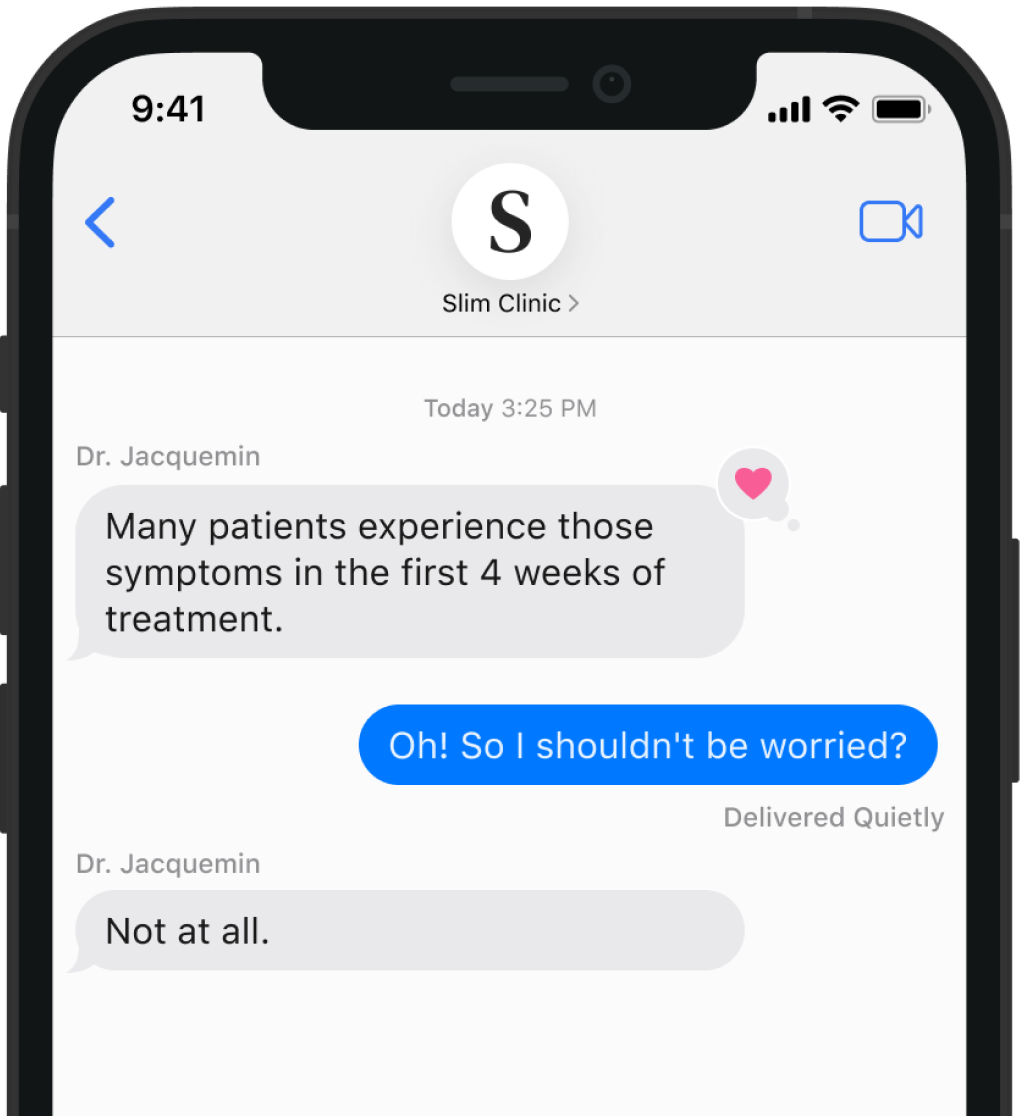


Introduction of Liraglutide
Before starting Liraglutide for weight loss, understanding its mechanism of action is crucial. This medication works on a biological level to alter how the body processes food and calorie intake, facilitating weight loss. Making an informed decision about using Liraglutide involves grasping its potential benefits and considerations in managing obesity effectively.
What Are Liraglutide Injections Used For?
Liraglutide injections can be used to treat several types of medical conditions. It is prescribed to patients with Type 2 diabetes to help control blood sugar when exercise and diet are insufficient to manage a diabetic’s glucose levels. The medication can also be used to help reduce the risk of heart and blood vessel complications such as heart attacks and strokes in patients with Type 2 diabetes, heart disease, and blood vessel disease. Combined with regular exercise and a reduced-calorie diet, Liraglutide can also help patients struggling with high blood pressure, high cholesterol, and diabetes lose weight and prevent further weight gain.



How Does Liraglutide Work for Weight Loss?
Liraglutide is a GLP-1 receptor agonist that increases intracellular cyclic AMP, promoting insulin release in response to elevated glucose levels. This can help lower blood glucose levels and slows gastric emptying and digestion.



Administering a liraglutide injection can help patients eat less and feel more satisfied due to its effects on appetite regulation and gastric function.



These mechanisms contribute to the therapeutic benefits of liraglutide in managing weight and improving glycemic control in patients.



How Much Weight Can You Lose With Liraglutide?
Since every patient’s physiology is different, the weight loss results from Liraglutide will vary depending on your prescribed dosage levels, your body’s response to treatment, and the exercise or dietary program you’ve followed while taking the medication.
At Slim Weight Loss Clinic, we specialize in weight loss treatment for people struggling with weight management and obesity. Our team of physicians and wellness experts combines effective weight-loss medications and dietary plans to help you achieve your weight-loss goals. Contact us at 1-866-755-0594 and schedule a consultation with one of our physicians to find out how our weight loss programs can help you to change your weight loss goals.
Contact Us to Learn More


What Side Effects Can This Medication Cause?
Since Liraglutide affects your digestive system, it can cause various side effects regarding the stomach. At the start of treatment, many patients may experience gas, nausea, vomiting, diarrhea, constipation, or heartburn after the first weeks of using Liraglutide. Other side effects that you may experience also include dizziness, fatigue, headaches, and mood disorders such as depression. Normally, many of these side effects are minor when they occur and will begin to subside as you continue to use Liraglutide for weight loss.
In most cases, patients who use Liraglutide rarely experience serious side effects. However, depending on your medical history, Liraglutide can exacerbate specific pre-existing medical conditions, such as:
- Pancreatitis
- Gallbladder disease
- Kidney complications
- Gastroparesis
- Liver disease
- Thyroid cancer
- High cholesterol


What Is the Difference Between Semaglutide and Liraglutide?
If you’re a patient struggling with weight management, you’ve probably heard of another GLP-1 receptor medication that is commonly used for weight loss treatment, Semaglutide. At times, patients may confuse Semaglutide and Liraglutide as they share striking similarities. But although Liraglutide and Semaglutide are both GLP-1 receptor agonists that are used to stimulate weight loss, they actually have a few differences.
First, despite the fact that both medications use GLP-1 analogues that mimic the GLP-1 hormone produced by the body, Semaglutide has a longer half-life than Liraglutide. Since Semaglutide has a longer duration of action, patients only need to administer the medication once a week for treatment to be effective. Naturally, because Liraglutide has a much shorter life span, the medication will need to be injected once a day to remain effective.
Who Shouldn’t Take Liraglutide?
Who Shouldn’t Take Liraglutide?
In certain cases, patients who suffer from depression may experience suicidal thoughts while taking Liraglutide. The medication may also contain certain ingredients that can cause an allergic reaction in some patients. Since Liraglutide works to inhibit your blood glucose levels, certain patients may experience symptoms of hypoglycemia or low blood sugar as a result of treatment. Patients with thyroid cancer may need to avoid using Liraglutide as the medication can also increase the risk of thyroid tumors.
Women who use Liraglutide as a weight loss treatment should also stop taking the medication while they are pregnant or breastfeeding. Proceeding to use Liraglutide during pregnancy may harm the unborn baby while inside the fetus. The weight loss medication may also pass into breast milk during breastfeeding and adversely affect the newborn. If you believe that you might be pregnant, make sure to consult with your healthcare professional immediately about discontinuing Liraglutide until it’s safe to resume treatment.
It is imperative that you disclose your medical history, any allergies you may have, and medications or other products that you take with your physician before starting Liraglutide treatment. Armed with that information, your doctor will more than likely continue to monitor your blood sugar levels and will adjust your medication regimen if needed. If you’re a patient with a pre-existing condition that can become seriously affected by Liraglutide, your physician may recommend that you avoid using the treatment and instead offer other alternatives, such as Semaglutide, to help you achieve weight loss.



Exceptional care provided by specialists
Access our network of experienced healthcare practitioners.

Dr. Gary T. Marshall, MD, FACS practices in the New York City…

Dr. Gary Kawesch, MD, FACS practices in the Los Angeles…

Dr. Thierry Jacquemin is an international board-certified…












